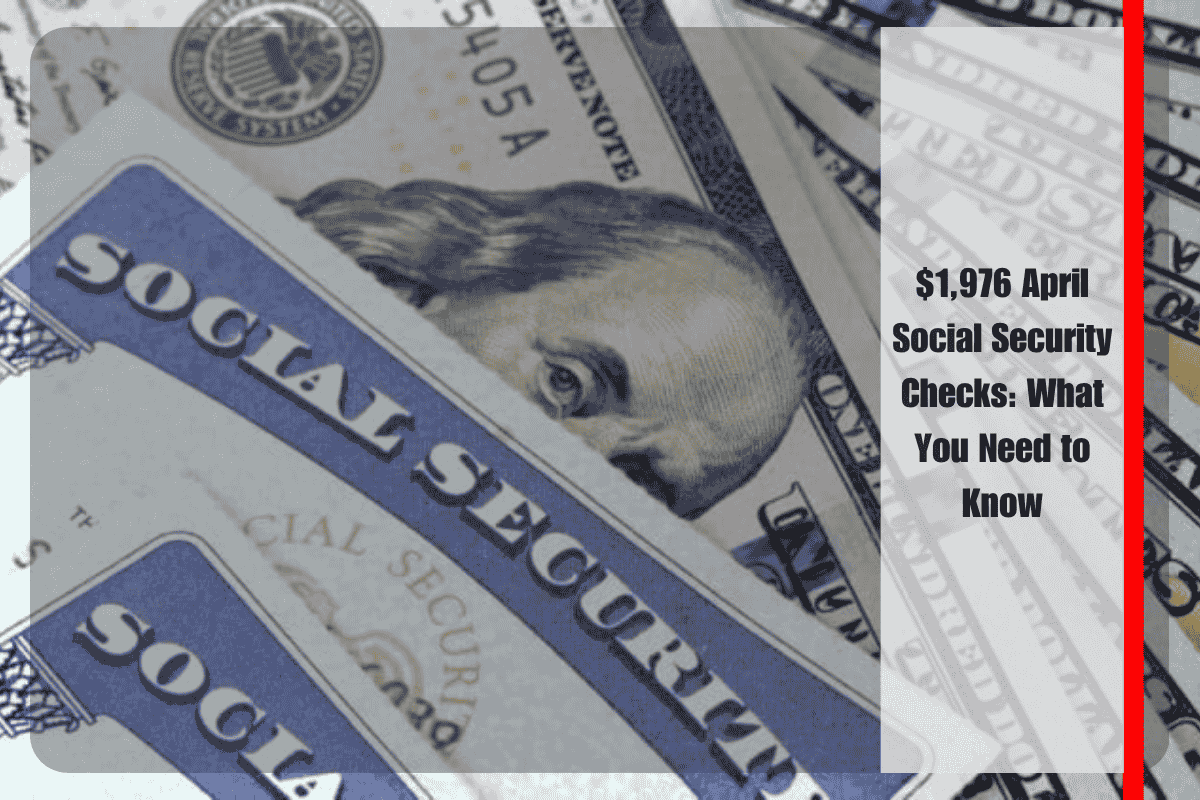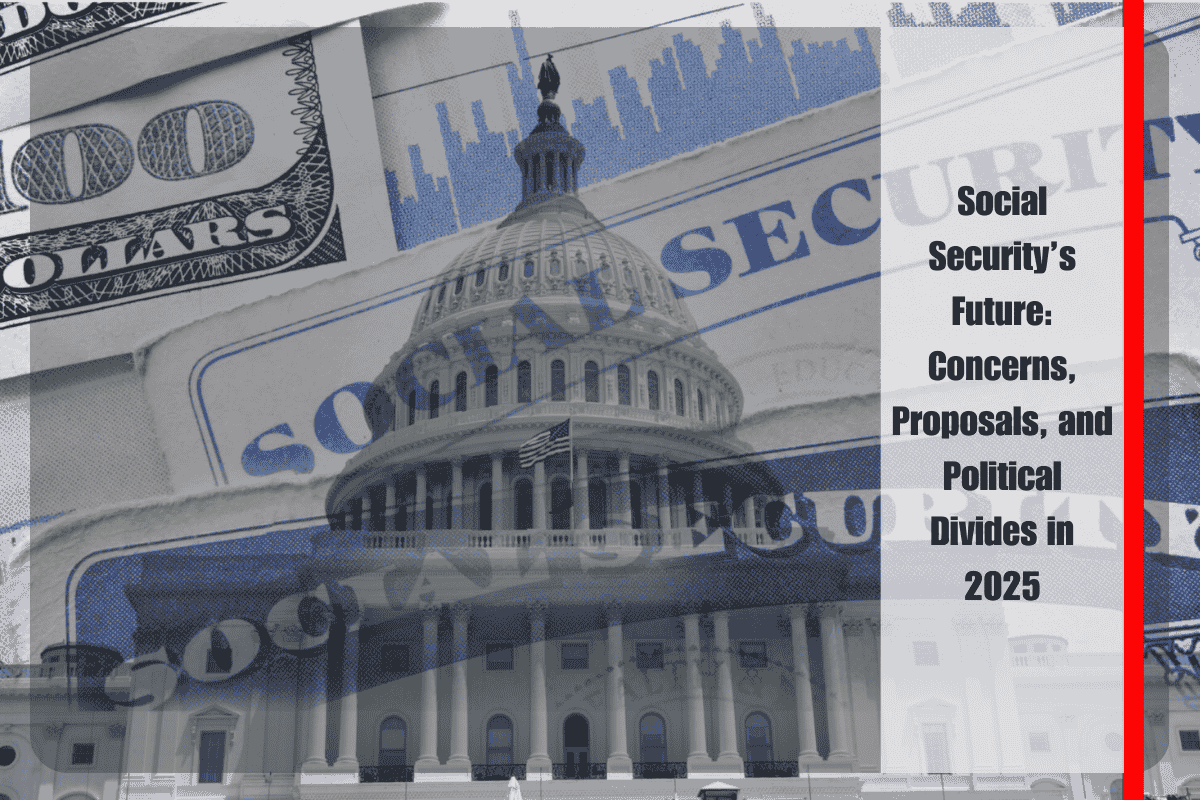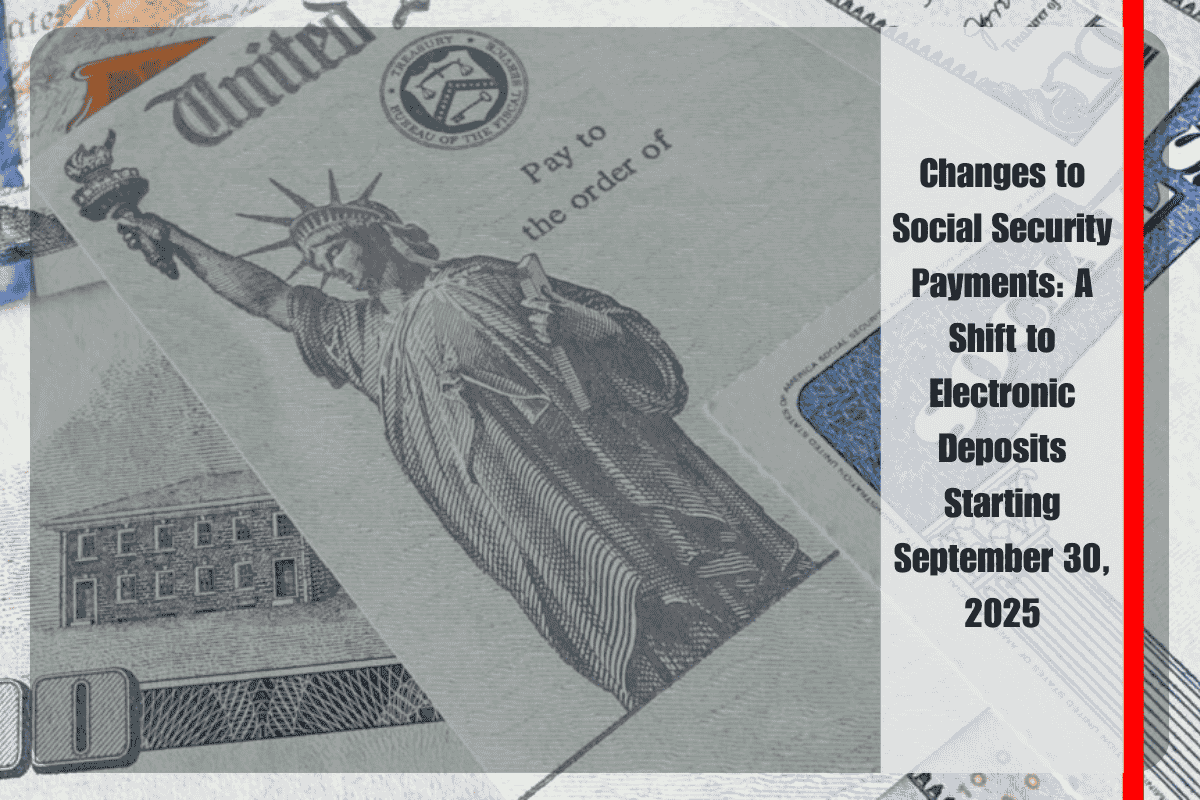In April 2025, millions of Social Security beneficiaries across the United States will receive their monthly payments reflecting this year’s cost-of-living adjustment (COLA). With the average payment increasing to $1,976, it’s crucial to understand who qualifies for these payments, when they’ll arrive, and how to make the most of your Social Security benefits.
What Is COLA and Why Is It Important?
COLA (Cost-of-Living Adjustment) is a yearly increase to Social Security payments to keep up with inflation. In 2025, the COLA will be 2.5%, which means monthly benefits will increase, helping recipients keep up with rising costs of living, such as groceries, rent, and medical expenses.
Who Qualifies for the $1,976 Social Security Check?
Retired Workers: If you’re 62 years or older and have worked for at least 10 years and earned 40 work credits, you’re eligible for retirement benefits. Your monthly benefit amount depends on your highest 35 years of earnings. For example, if John retired at age 66 after working for 35 years, he now receives $1,976 per month. If he had waited until age 70, his benefit could increase by 24%.
Spouses and Survivors: Spouses, and sometimes ex-spouses, can receive benefits based on their partner’s work record, even if they never worked themselves. Survivor benefits are available to widows, widowers, and children of deceased workers. For example, Maria, a widow, receives about $1,482 per month, which is 75% of her late husband’s benefit.
Individuals with Disabilities: Social Security Disability Insurance (SSDI) recipients also see a COLA increase. SSDI benefits are for individuals with medical conditions that last at least one year or are expected to result in death, and who have sufficient work credits.
When Will You Get Paid in April 2025?
Social Security payments are made based on your birth date. If you started receiving benefits before May 1997, your payments will be made on the 3rd of each month, regardless of your birth date. For others, the payments are made on different dates depending on your birth month. If your birthday falls between the 1st and 10th, you’ll receive your payment on April 9. If your birthday falls between the 11th and 20th, your check will arrive on April 16. If your birthday is between the 21st and 31st, you’ll get your check on April 23.
SSI Payments
If you receive Supplemental Security Income (SSI), your payment will be made on April 1. Because June 1, 2025, falls on a weekend, SSI recipients will get two payments in May—on May 1 (for May) and May 30 (for June). This ensures that payments are not delayed by weekends or holidays.
How to Maximize Your Social Security Benefits
To make the most of your SSDI benefits, it’s important to stay informed about COLA adjustments, update your personal information regularly, and manage your monthly income wisely. Creating a My Social Security account allows you to track your payments, view your earnings history, and estimate future benefits. If you’ve delayed your retirement benefits until age 70, you can increase your monthly benefit by 8% per year, which can significantly boost your financial security later in life.
Additionally, if you’re under full retirement age and still working, you can earn up to $23,400 per year without affecting your benefits. However, earning above this threshold will temporarily reduce your benefits. Once you reach full retirement age, your benefits will be recalculated to account for any withheld amounts.
What to Do If Your Payment Is Late
If your payment is late, it’s recommended to wait at least three business days past the expected payment date. Sometimes, delays are due to processing issues or mail delays. You should also check your bank account if you use direct deposit to make sure the payment was processed. To confirm the status of your payment, you can log into your My Social Security account. If you still haven’t received your payment, you can contact the SSA directly by calling 1-800-772-1213 or visiting your local SSA office for assistance.
Professional Tips for Beneficiaries
Having a My Social Security account allows you to easily manage your payments, view your earnings history, and receive updates about your benefits. If you’re considering delaying your Social Security benefits, remember that each year you wait past your full retirement age, your monthly benefit increases by 8%. This can provide a substantial financial benefit later in life.
If you’re working and earning under $23,400 per year, you can earn without affecting your Social Security benefits. However, exceeding this limit will temporarily reduce your monthly payments until you reach full retirement age.












